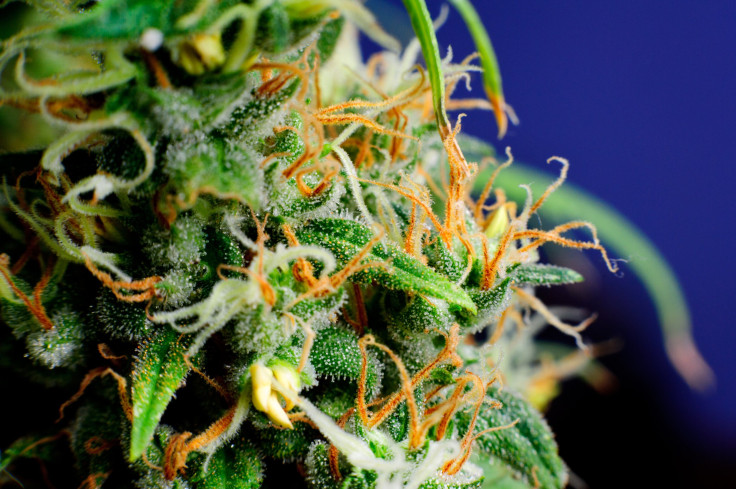New York To Allow Medical Marijuana For Seriously Ill Patients; Law Would Still Ban Smoking The Drug

New York will become the 23rd state to allow medical marijuana after leaders reached a bipartisan deal to allow patients over age 21 with "serious conditions" to inhale vapors or ingest the drug, but not to smoke it.
Gov. Andrew Cuomo reached a bipartisan deal with legislative leaders on a bill that would take effect in 18 months. Although the Democrat shared concerns with Republican leaders that marijuana might serve as a “gateway drug,” he was ultimately swayed by evidence supporting benefits to patients. Medical marijuana advocates had criticized Cuomo’s recent plan to allow only 20 hospitals around the state to distribute the drug to patients under an obscure 1980s-era law authorizing limited research.
Many Senate Republicans also decided to support the bill after years of opposition, reflecting growing support for medical marijuana. Two-thirds of New Yorkers said they supported medical marijuana in 2010 polls conducted by Quinnipiac University and Cornell University, although the federal government continues to classify the drug as among the most addictive with no redeeming medical value — like heroin or LSD.
The bill was sponsored by state Sen. Diane Savino and Assemblyman Richard Gottfried, both Democrats of New York City, for patients suffering from “serious” conditions such as cancer, HIV/AIDS, or multiple sclerosis. Patients with such “severe debilitating” or “life-threatening” conditions will be permitted to possess 2.5 ounces of marijuana for therapeutic or palliative benefit.
Still, opponents to greater legalization of marijuana in the state say the bill would allow plenty of loopholes for patients with dubious medical conditions, according to Jeffrey Reynolds, executive director of the Long Island Council on Alcoholism and Drug Dependence. Conditions such as fibromyalgia and post-traumatic stress syndrome are difficult to diagnose and easy to fake, he said in a statement. Likewise, Reynolds disputed whether the state would be able to properly regulate the use of medical marijuana.
“While we have the utmost respect for members of the ... Legislature, none to our knowledge are physicians or researchers; as such, we question the wisdom of political interference in the scientific process, especially as some bill sponsors have now made clear that the end game here really is legalization,” Reynolds said. “On the issue of federal regulation, pro-marijuana advocates have argued that the [Food and Drug Administration] doesn’t approve plants and that marijuana’s 400[-plus] highly variable compounds and diverse strains makes such approval impossible. That should give us pause, as should the fact that the FDA has never approved smoking as a safe or effective medication delivery system.”
Likewise, the American Lung Association worries that greater marijuana use will lead to more smoking, eviscerating 30 years of anti-smoking progress. A May poll from Quinnipiac University showed that 57 percent of New Yorkers support legalizing marijuana for recreational purposes, with 39 percent opposed.
Published by Medicaldaily.com



























